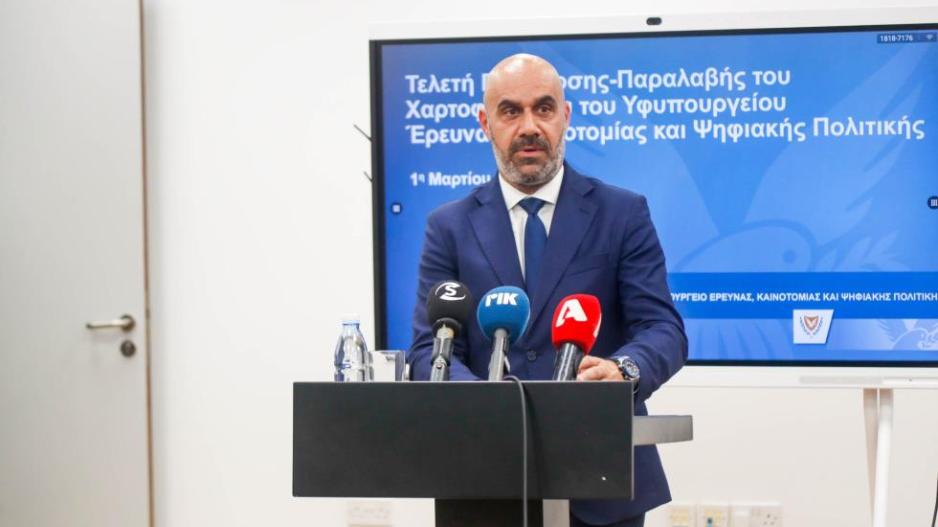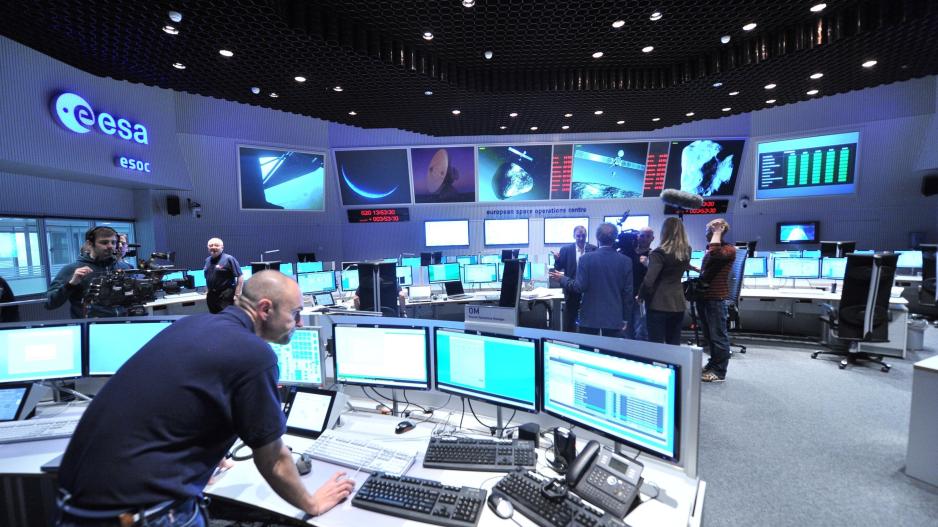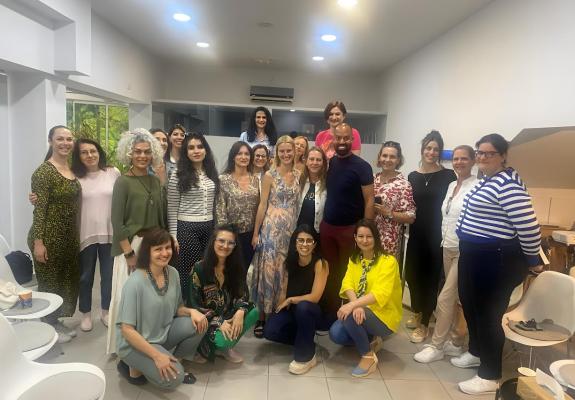Deputy Minister for Research highlights importance of international cooperation in R&D
Philippos Hadjizacharias, the Deputy Minister for Research, Innovation, and Digital Policy, emphasized the significance of international cooperation in advancing research and development. His remarks were made during the Competitiveness Council of the European Union, which concluded with round table discussions on innovation and space policy. As stated in a press release, Stelios Chimonas, the Ministry’s permanent secretary, accompanied the Deputy Minister to the Council.
The Ministers engaged in a constructive dialogue on promoting international cooperation in the field of Research and Innovation (R&I) and addressing any negative impacts resulting from foreign interventions.
Mr. Hadjizacharias showcased the role of international cooperation in tackling global challenges, accessing new knowledge, and attracting talented scientists. He highlighted that Cyprus considers international cooperation as a vital tool for achieving research excellence. The Deputy Minister emphasized that approximately one-fifth of the national R&D funding programs focus on supporting collaborations between domestic institutions and partners from selected countries. He also advocated for strengthening coordination at the EU level by establishing an EU Stakeholder Forum to develop cooperation guidelines with third countries.
In addition, the Competitiveness Council adopted conclusions on the importance of transparent, open, credible, fair, and high-quality scientific publications. These conclusions acknowledged the opportunities and challenges stemming from the digital transition, emphasizing the necessity of investing in digital open science infrastructure and researcher training programs.

During a discussion on EU space policy in the ever changing geopolitical landscape, the Deputy Minister emphasized the EU's leading role in promoting free access, fair use, and sustainable utilization of space by all states. He underscored the importance of safeguarding the EU's space infrastructure as a crucial aspect of maintaining the EU's autonomy strategy.
Furthermore, he recognized the need for strengthening synergies and highlighted the gradual integration of all Member States into the European Space Agency (ESA). Mr. Hadjizacharias informed his counterparts of Cyprus' intention to promptly elevate its membership in the ESA to "associated member" status. Lastly, he stressed the importance of ensuring the maximum possible participation of all EU Member States in future-planned joint EU-NATO actions.
Moreover, the Council adopted conclusions on the "Fair and Sustainable Use of Space," emphasizing the EU's approach to space traffic management and highlighting the importance of safety, security, and sustainability in this regard.
During a working lunch, the Ministers exchanged views on effectively addressing challenges posed by science deniers and combating the spread of misinformation.
The Competitiveness Council is a crucial EU body working to enhance competitiveness and growth. It focuses on the internal market, industry, research and innovation, and space. The Council gathers ministers responsible for these areas from member states, along with relevant European Commissioners. Meetings occur at least four times annually, while its role includes removing barriers in the internal market and integrating industrial policy into other EU policies. The Council also supports small and medium-sized enterprises through measures like improved funding access, reduced bureaucracy, and innovation promotion. It aims to strengthen Europe's scientific and technological base, boost international competitiveness, and drive growth and jobs. Collaboration with the European Space Agency helps shape European space policy.






